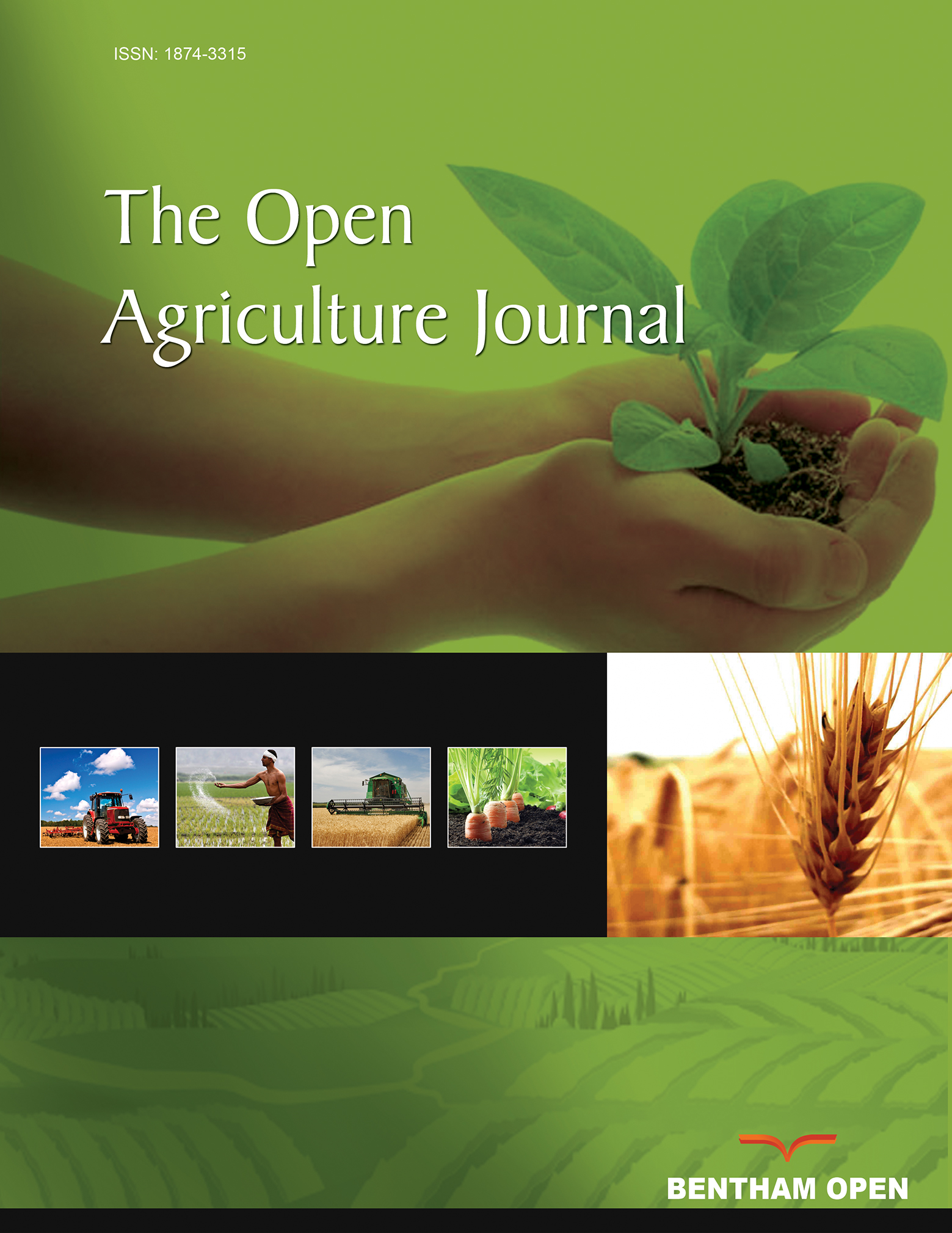All published articles of this journal are available on ScienceDirect.
Analysis of Eco-efficiency and its determinants among Smallholder Vegetable Producers in Eastern Ethiopia
Abstract
Introduction:
This study aimed to analyse eco-efficiency and its determinants for small holder vegetable producers in Eastern Ethiopia. Multi-stage sampling was used to select 256 small-scale vegetable producers in the study area.
Methods:
The study employed Data Envelopment Analysis to estimate eco-efficiency and Tobit model to identify the sources of differences in the eco-efficiency of farmers. The results of the DEA model revealed that the mean of eco-efficiency was 0.75, indicating that there is still a chance of improving the environmental performance of the farms without compromising the economic output of the farms.
Results:
The results of Tobit depicted that age, education, training, and adoption of sustainable intensification practices positively affect eco-efficiency, while farm size, farm income, and leadership status of the farmer negatively influence the eco-efficiency of the farm.
Conclusion:
Due emphasis should be given to promoting the adoption of SIPs and introducing an inclusive approach to educating farmers in the study area.


